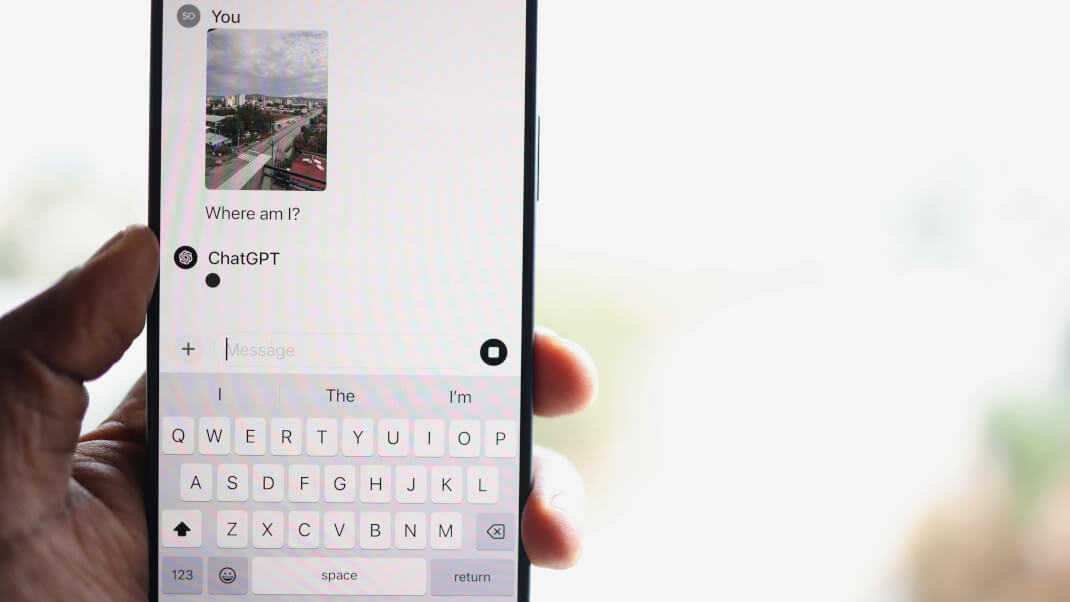
Content is king in the eyes of the search engines, and a great search engine optimization strategy begins and ends with great content.
NB: This is an article from Blue Magnet
If your content does not satisfy the user’s search intent, you are not going to ranks as well as you could in the search results. So how do you write quality content that the search engines will display to users?
Choose a Set of Dedicated Keywords
Every great SEO strategy starts with keyword research. Before creating any content, we recommend using a couple of different keyword research tools to decide which topics should be covered in your content. These tools can give you insight into what kinds of questions people are asking when searching for hotels in your area and what other topics are popular. When conducting keyword research, remember each landing page should focus on one main topic; this way, search engines will have a clear indication of what your page is about.
Update Existing Content First
After you complete your keyword research and decide on a dedicated topic, you should analyze your current content. Start by taking a look at Google Search Console to find landing pages on your website with significant impressions for keywords related to your dedicated topic. For example, maybe you want to focus on pet-friendly things to do in Chicago, Illinois. If you already have a page dedicated to your hotel being pet-friendly it is a great page to update with some information on activities to do in the area with your pet. Because this page has more relevance, you will see faster improvement in search. Just remember to mention all your keyword variations and commonly associated topics naturally. If the content looks like you are stuffing keywords, you will not see favorable movement.
Answer Relevant Questions
When writing content for a new landing page, focus on one major question, “What is my target market looking for when searching this topic?” When you understand what your audience is searching for, you can tailor your new content to answer those questions and assist the users in the travel process. Google’s Autocomplete tool is a fantastic way to get an idea of what other topics are being searched that are similar to your new keyword. You want to make sure your page is the most authoritative page on your keyword topic. In the following search for “family friendly activities in chicago”, we see some age focused searches as well as free events, so we might want to add sections on those topics, as well as other interesting and exciting activities guest might enjoy.
Pro Tip: Use the Autocomplete tool in an incognito window to minimize the personalized recommendations to get a better idea of what the general public is searching.
Use Detailed Page Titles and Descriptions
While meta descriptions have no actual impact on ranking, they are still incredibly important and should not be ignored. Meta descriptions are your “call to action” on the search engine results page getting web visitors to click on your link.Your title and meta description are what users see in the search results. These descriptions should be detailed and give the user a good idea of what kind of information they will find on the page. It should also be compelling and clear to the searcher your page will answer fulfill all their needs. Your chosen keyword should also be featured in your title to show the search engines that is the main topic of the page.
Cite Authoritative Websites
When writing a good research paper in school, it was always smart to cite authoritative research to back up your information; the same goes with a quality landing page. You want search engines to see your content and information associated with web pages they already trust. For instance, if you are talking about places to see in Washington D.C., link to the websites for those locations and places to purchase tickets to events.
Internal Linking
Along with linking to other authoritative websites you also want to link to other pages on your website. When mentioning room amenities on the hotel about me page, link to your amenities page. This allows searchers to view your amenities quickly and easily. You will also want to find opportunities to mention the new or updated page around your site to show Google the importance of the new information on this page and give the page a boost in the search rankings.
Mobile Experience
Typically 50% of a hotel’s website traffic comes from a mobile device, and in 2018 typically people spend 5 hours of their day on their cell phone. Having a website that is loads fast and can be easily be navigated on a mobile device is something Google considers an important ranking factor.
Consider Adding Videos
More than 500 million hours of videos are watched every day on YouTube. While some people would rather consume their content by reading, others might want to watch a short video. To give your guests an immersive view of your hotel, it could be fitting to have a video walkthrough of the rooms. Just do not forget to add video markups, specifically transcripts, for that’s how search engines understand your video content.
User Experience Over Everything
High-quality content that delivers a great user experience is what search engines care about first and foremost. A quality page with content that will answer any questions a user may have, with cited sources and other forms of media, will set your landing page apart from your competition.




